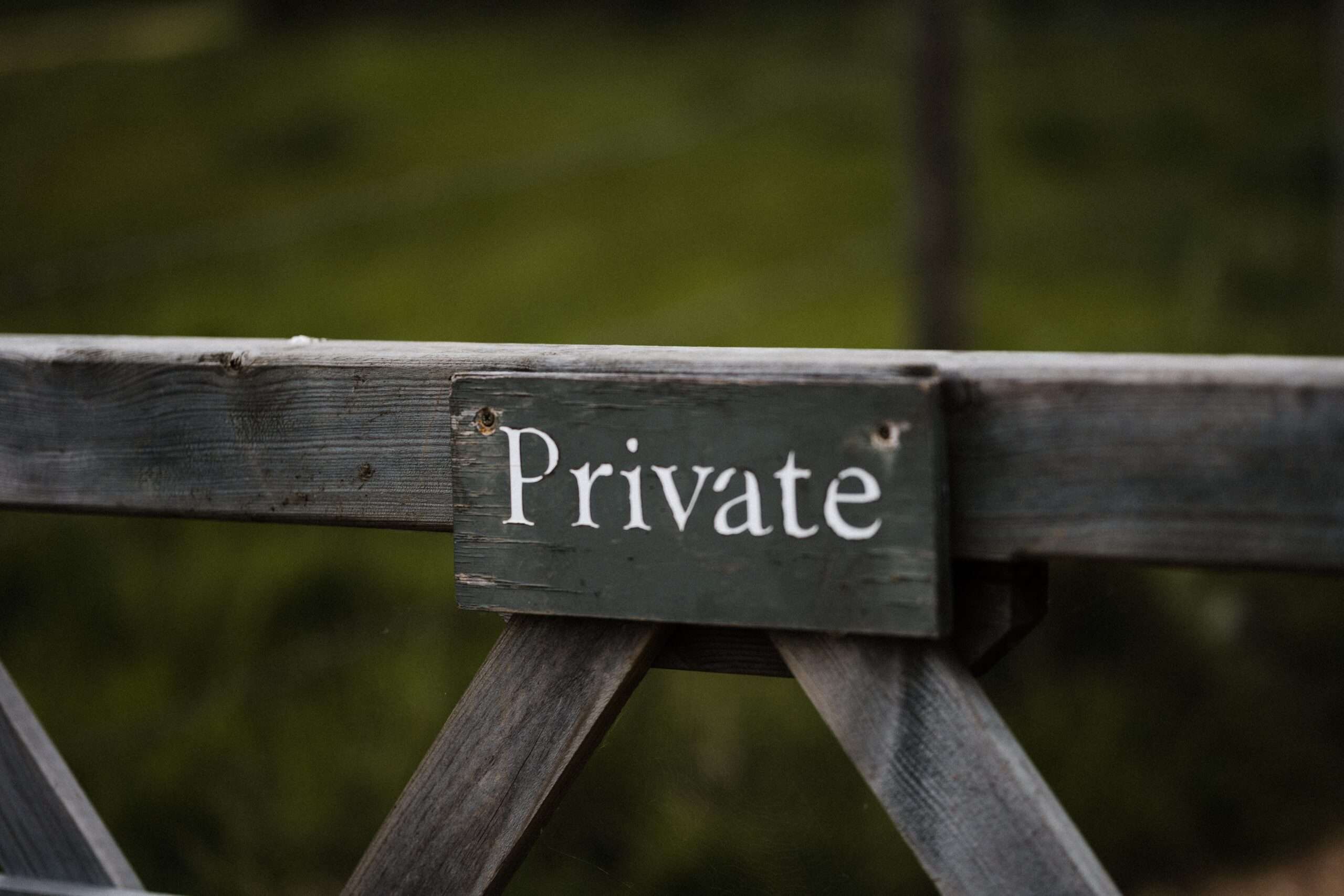When it comes to tent camping, many people think of campgrounds or public parks as popular spots for pitching their tents. However, camping on private property is becoming an increasingly popular alternative. In this comprehensive guide, we’ll answer some common questions and provide valuable insights about tent camping on private property.
Key Rules and Regulations
What Are the Rules for Camping on Private Property?
Camping rules on private property generally depend on the specific laws of your jurisdiction, the landowner’s policies, and any agreements made between the two parties. However, there are some general guidelines to keep in mind when planning your camping trip:
- Always obtain permission from the landowner to camp.
- Understand and adhere to any rules or regulations specified by the landowner.
- Respect private property, including proper waste disposal and avoiding damage to wildlife or vegetation.
- Familiarize yourself with local zoning and land use regulations.

Can You Camp on Your Own Property?
Camping on your own property is generally allowed, subject to the zoning laws and regulations in your area. Some jurisdictions might restrict:
- The duration of the camping
- The types of structures used for camping (e.g., tents, RVs, or other temporary shelters)
- The distance from existing residential structures
- The number of people camping on the property at once
Make sure to verify the specific regulations in your area to ensure compliance.
Do You Need Permission to Camp on Private Land?
Yes, obtaining permission is necessary for tent camping on private property. Trespassing on someone’s property without their consent is illegal and can result in penalties, fines, or legal action. Always obtain the landowner’s permission before camping on their property, preferably in writing, to avoid any misunderstandings.
Finding Private Land for Camping
What Is the Best Way to Find Private Land for Camping?
Several approaches can be taken to find private land for camping, such as:
- Online platforms: Websites like Hipcamp and Tentrr connect campers with landowners offering private camping options.
- Local connections: Friends, family, or colleagues with land may allow you to camp on their property.
- Networking: Outdoor clubs, online forums, and social media groups can provide recommendations for private land camping opportunities.
- Approach landowners directly: Be respectful and clear about your intentions when contacting landowners to ask about camping on their property.
Best Practices for Camping on Private Property
What Are the Best Practices for Camping on Private Property?
To ensure a positive experience, follow these best practices for camping on private property:
- Ask for permission: Always obtain the landowner’s consent before camping on their property.
- Clarify rules: Ask the landowner about any specific rules, restrictions, or preferred campsite locations.
- Leave No Trace: Practice “Leave No Trace” principles to minimize your impact on the land, including proper waste disposal and respecting wildlife.
- Be considerate: Keep noise levels low and show respect to the landowner and any neighboring properties.
- Fire safety: Adhere to local fire regulations and the landowner’s guidelines concerning campfire usage.
- Document the agreement: If possible, have a written agreement outlining the terms and conditions of your stay to avoid misunderstandings.

Additional Questions & Answers
What Are the Legal Implications of Camping on Private Land Without Permission?
Trespassing on private land without permission is illegal and can result in civil, and sometimes even criminal, penalties. This generally includes imposing fines, and in some cases, legal prosecution. However, the specifics of penalties differ from one jurisdiction to another.
Can You Camp on Private Property During Hunting Season?
This depends on the regulations of the specific area and any agreements with the landowner. In some areas, it could be potentially dangerous or illegal to camp on private land during hunting season. So, it is always essential to check local hunting seasons, rules, and regulations.
Are There Any Liability Concerns or Insurance Requirements for Landowners Allowing Campers?
Yes, landowners have potential liability for any injuries or damages incurred while camping. Depending on the circumstances, landowners can be held responsible. Therefore, landowners should ensure they have appropriate liability insurance coverage. Campers can also opt for a camping insurance policy that covers damage to personal property and potential injuries.
The Future of Private Land Camping
With the growth of online platforms that connect landowners to campers, private land camping may potentially become a mainstream alternative to traditional campgrounds. This can lead to a significant diversification of camping experiences, ranging from camping in vineyards and farms to forests and mountain landscapes. However, to maintain the sustainability of this trend, it is crucial that both campers and landowners adhere to best practices and respect the nuances of nature, personal property, and the law.
Tent camping on private property offers an exciting way to experience the great outdoors, often away from crowded public campgrounds. By following the guidelines outlined in this article and obtaining permission from landowners, you’ll be well-prepared to embark on your private land adventure. Remember to respect the land, its owner, and the local laws to create a memorable, hassle-free camping experience.

Leave a Reply
You must be logged in to post a comment.